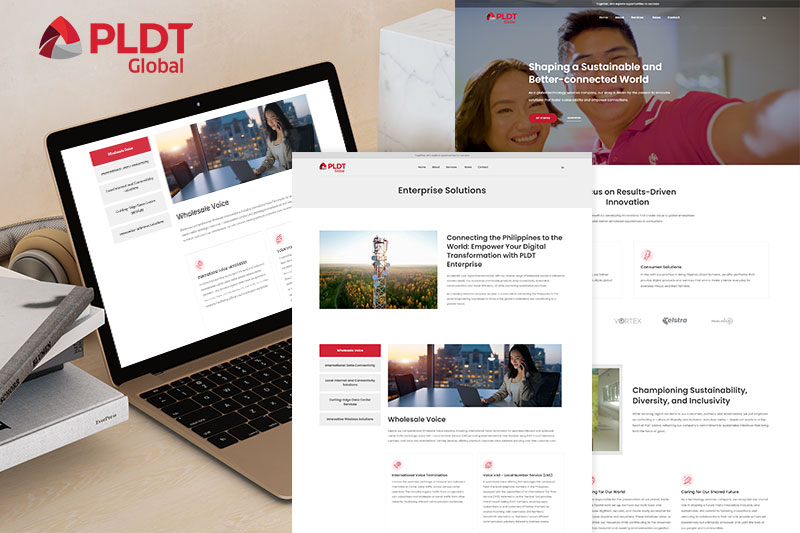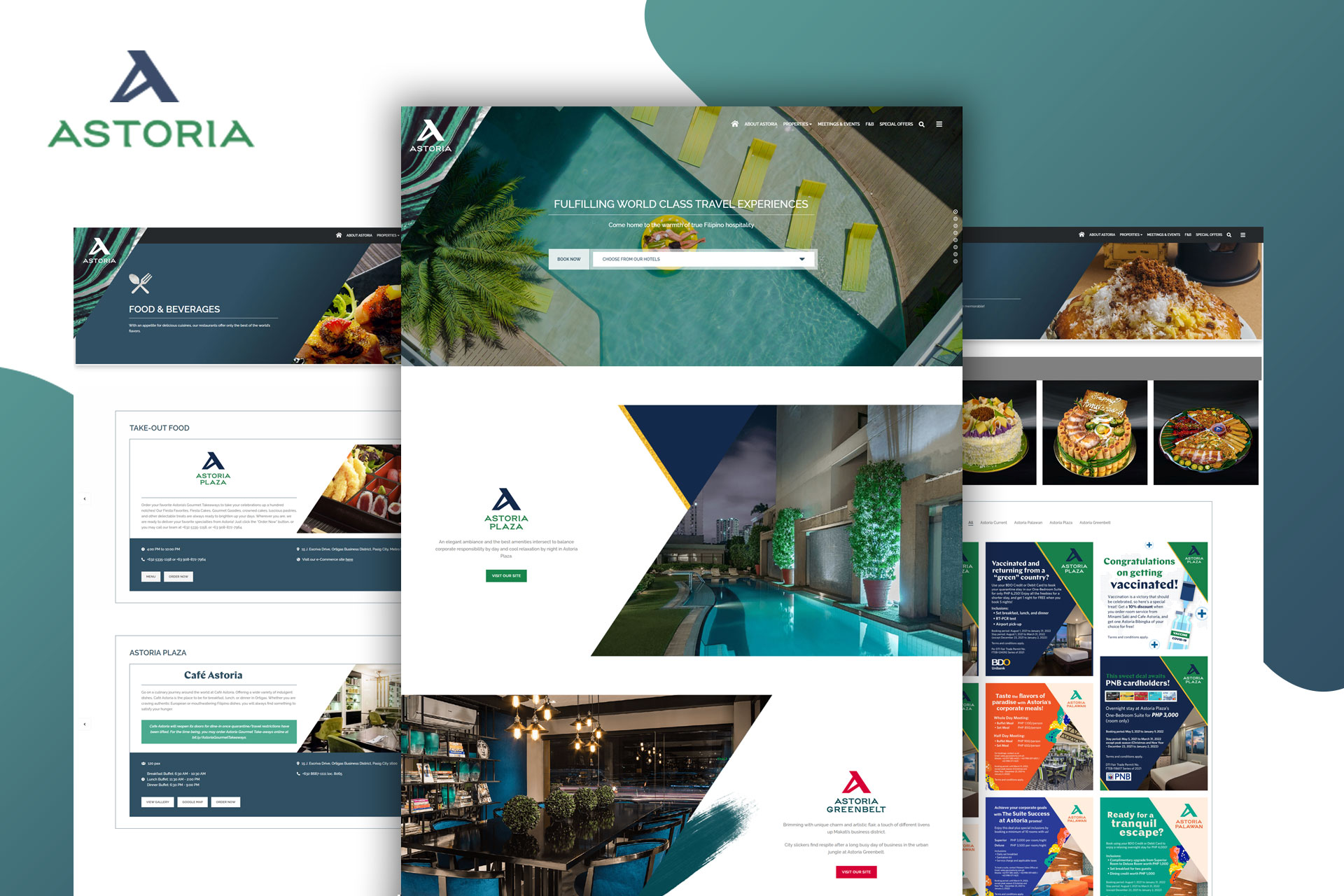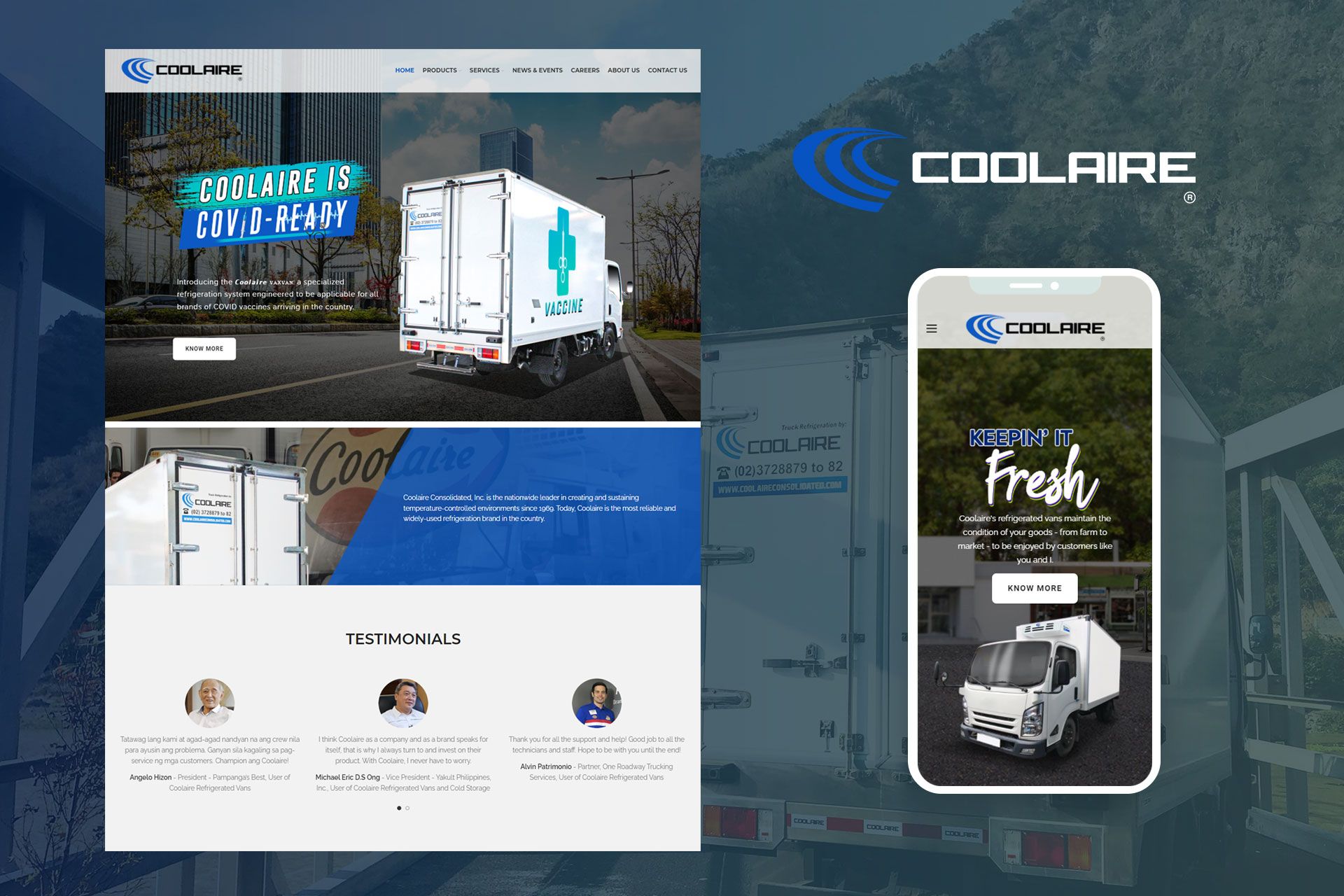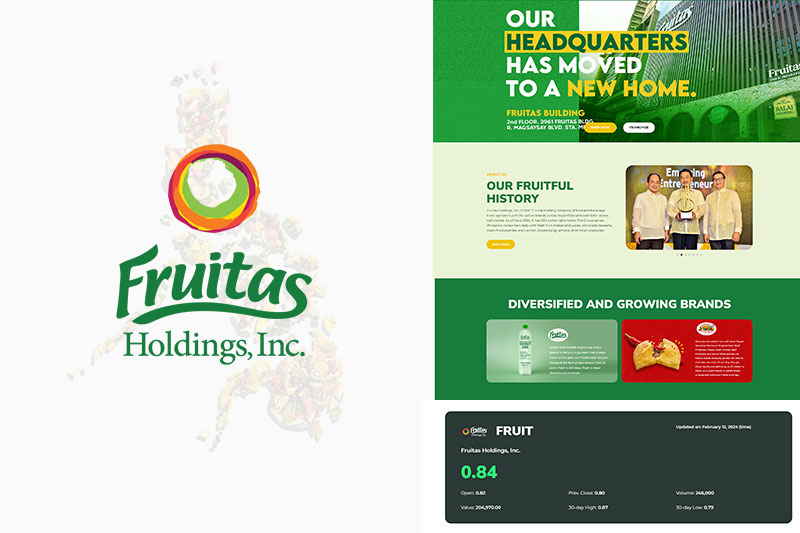With the ever-evolving digital landscape, websites have become the cornerstone of modern businesses and personal ventures alike. However, in the midst of the rapid technological advancements, a host of myths and misconceptions have also taken root, leading to confusion and misinformation. So in this article, we’re going to debunk some of the most prevalent website myths and shed light on the truth that lies beneath.

Myth #1: “You Just Have to Build a Website, and the Customers Will Come”
Truth: Despite how well-built your website is, it cannot automatically attract customers by itself. While an appealing design and user-friendly interface are crucial, they’re only the beginning. To draw traffic, you need a well-rounded digital marketing strategy encompassing SEO, social media promotion, and even paid advertising.
Think of your website as a stunning stage – it’s not enough to have it; you need to invite the audience.
Myth #2: “Website Maintenance Is Optional”
Truth: Sure, you built a well-thought out and functional website, but it doesn’t end there. Regular maintenance is essential to ensure optimal performance. Broken links, outdated content, and security vulnerabilities can tarnish your online presence.
Keep your website fresh by updating content, checking for broken links, and implementing the latest security measures. Remember, a neglected website is like a neglected garden – it loses its charm over time.
Related: What is Website Maintenance? Why Does Your Business Need It?
Myth #3: “All Website Builders Are the Same”
Truth: With the proliferation of website builders, it’s easy to assume they’re all identical. However, do keep in mind that different builders cater to different needs. Some offer greater customization for experienced users, while others focus on simplicity for beginners. It’s best to research thoroughly before choosing a builder, considering factors like ease of use, scalability, and available features. Always take into account that one size rarely fits all in the world of website builders.
Related: What is a Website Builder? How It Works
Myth #4: “Design Is Everything”
Truth: Yes, aesthetics matter, but a visually appealing website won’t compensate for poor functionality. Of course, user experience (UX) is still paramount.
Make sure that your website has easy navigation, quick loading times, and mobile responsiveness. A stunning design might attract visitors, but a seamless UX will keep them engaged and encourage them to return.
Myth #5: “SEO is a One-Time Effort”
Truth: SEO or search engine optimization is not a one-and-done task. Search algorithms are constantly evolving, and competitors are vying for the same online attention. You should regularly update your content, research relevant keywords, and adapt your strategy to the latest SEO trends.
Related: What is SEO? A Handy Guide to Search Engine Optimization
Myth #6: “More Features = Better Website”
Truth: It’s tempting to fill your website with every amazing feature possible, but less can often be more. Now, this doesn’t mean that you’re going to cut your website short of the essential features as well. To simply put, overloading your site with features can lead to clutter, slow loading times, and confusion for users. You should prioritize features that enhance the user experience and align with your website’s goals. Quality triumphs over quantity!
Myth #7: “Web Hosting Doesn’t Affect Speed”
Truth: Web hosting is like the foundation of your website’s house. Choosing a subpar hosting service can lead to slow loading times, affecting user experience and search engine rankings. Opt for a reputable hosting provider that matches with your website’s needs, ensuring your website stands on solid ground.
Related: What is Web Hosting? How It Works and Its Importance
Myth #8: “A Good Web Design Must Be Expensive”
Truth: This has got to be one of the most common misconceptions about websites. Sorry to bust your bubble, but a high price tag also doesn’t guarantee a successful website design. While it’s true that a larger budget can offer more resources, effective web design is about aligning aesthetics with purpose and user experience. There are many affordable tools, platforms, and designers that can help create a visually appealing and functional website. The true value of a design lies entirely in its ability to connect with users and meet your goals, not in its cost.
Myth #9: “You Don’t Need a Responsive Website”
Dismissing the need for a responsive website is a grave misconception. Given that 92.3% of internet users access the internet using a mobile phone, a responsive design is vital for ensuring optimal user experience across devices. Not only does it prevent frustrating interactions, but it also improves search engine rankings, as search engines prioritize mobile-friendly sites. Embracing responsiveness is no longer an option but a requirement to stay relevant in the digital age.
Myth #10: “The More Content You Have on Your Website, the More Relevant It Will Be”
The belief that flooding your website with excessive content will enhance its quality is a common misconception. While content is indeed valuable, quality far outweighs quantity. Visitors seek concise, valuable information that addresses their needs efficiently.
A cluttered website with an overload of content can overwhelm users and lead to a high bounce rate. Instead, focus on providing well-structured, relevant, and engaging content that serves your audience’s interests. A balance between informative content and user-friendly design will create a more positive user experience and keep visitors coming back for more.
Tip: Less can often be more when it comes to crafting an effective online presence.
Myth 11: “Building a Website Takes Too Much Time”
While building a website does require careful planning and effort, it doesn’t have to be an endless endeavor. With the evolution of user-friendly website builders and content management systems, you can create a basic website relatively quickly. Pre-designed templates, drag-and-drop interfaces, and streamlined processes simplify the development process.
Furthermore, you can opt to hire a professional to build a website that suits your preference and the needs of your business. This way, you won’t have to worry about the customization process, as you’ll be working hand-in-hand with an expert that can make the website development process easier for you.
A website is more than a virtual presence – it’s a dynamic entity that requires ongoing attention, strategic planning, and a commitment to user satisfaction. With the digital world being loaded with myths that become a hindrance for businesses to grow in the online marketplace, arming yourself with accurate information is key to succeeding online. Through breaking these website myths, you’re one step closer to navigating the virtual realm with confidence and achieving your online goals.
Looking for web design services for your business? Contact us today, and we’ll be glad to assist you!


 Shopify Website Design
Shopify Website Design  Small Business Marketing
Small Business Marketing 




